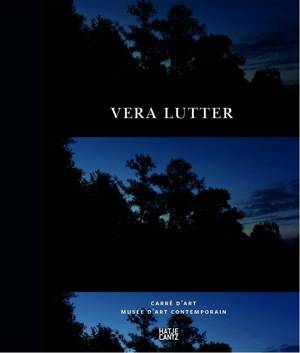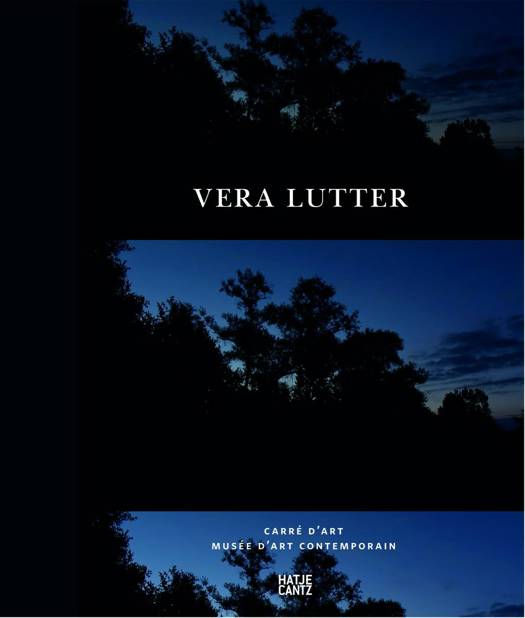
- Afhalen na 1 uur in een winkel met voorraad
- Gratis thuislevering in België vanaf € 30
- Ruim aanbod met 7 miljoen producten
- Afhalen na 1 uur in een winkel met voorraad
- Gratis thuislevering in België vanaf € 30
- Ruim aanbod met 7 miljoen producten
Zoeken
Omschrijving
For her unique photographs, Vera Lutter ( 1960 in Kaiserslautern) makes use of technology that was first described by Aristotle: the camera obscura. Light is projected through a tiny hole into a darkened room, producing an upside-down, reverse image of the exterior world in the interior. In a process that can last for days, weeks, or even months, Lutter exposes light-sensitive material to capture haunting, uncanny images on large-format negatives; they encompass not just one point in time but an entire period of time, thus calling into question the documentary value of photography.
Besides black-and-white photographs, this elaborately produced volume also presents two of the artists new projects: in the Moon series and One Day, a twenty-four-hour video and sound installation, she again examines the origin of light and the role it plays in our understanding of the notion of time.
Besides black-and-white photographs, this elaborately produced volume also presents two of the artists new projects: in the Moon series and One Day, a twenty-four-hour video and sound installation, she again examines the origin of light and the role it plays in our understanding of the notion of time.
Specificaties
Betrokkenen
- Auteur(s):
- Uitgeverij:
Inhoud
- Aantal bladzijden:
- 144
- Taal:
- Engels
Eigenschappen
- Productcode (EAN):
- 9783775732789
- Verschijningsdatum:
- 15/06/2012
- Uitvoering:
- Hardcover
- Afmetingen:
- 243 mm x 283 mm
- Gewicht:
- 1100 g

Alleen bij Standaard Boekhandel
+ 90 punten op je klantenkaart van Standaard Boekhandel
Beoordelingen
We publiceren alleen reviews die voldoen aan de voorwaarden voor reviews. Bekijk onze voorwaarden voor reviews.







